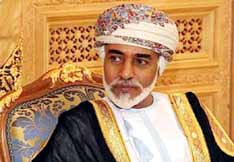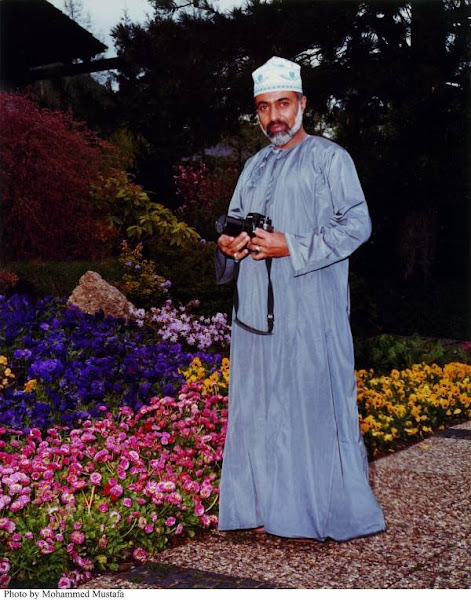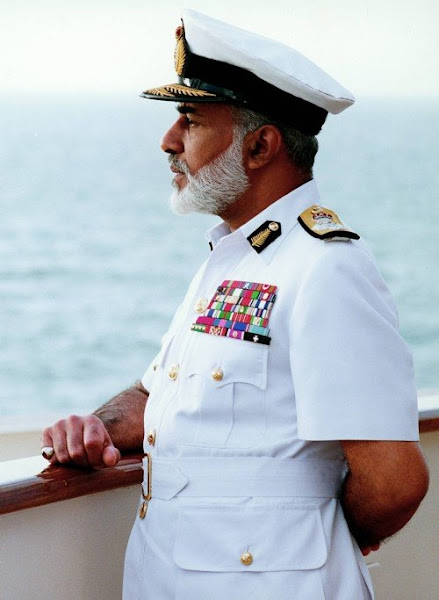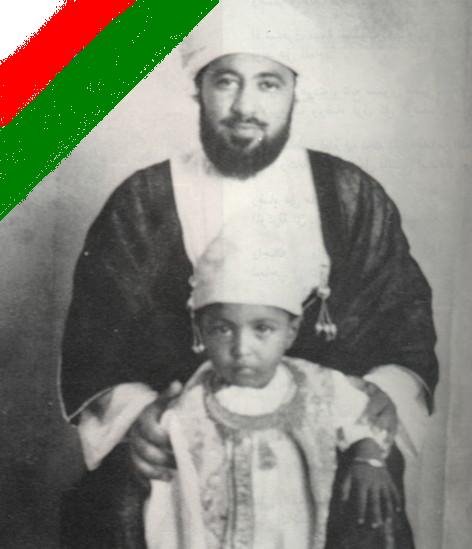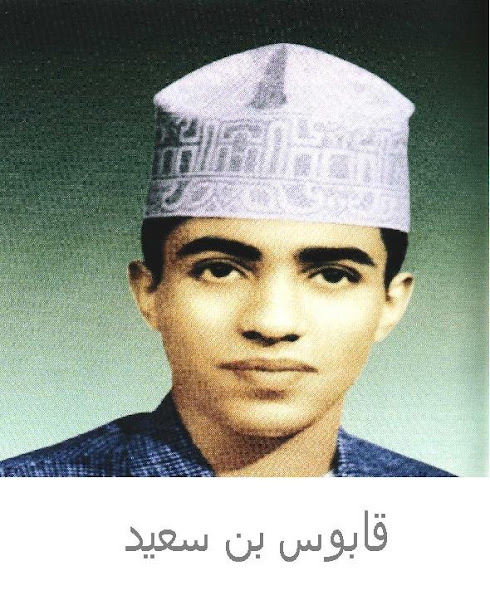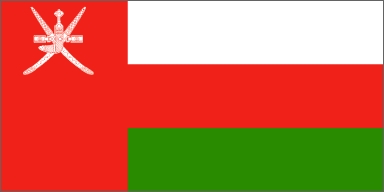


Scored His Majesty Sultan Qaboos bin Said, may God keep him busy from the same political concerns and build a great country to free himself for a few moments and exercise His hobbies live freely and enjoy Bmajalsh writers and thinkers talks with the Arabs and the world through mothers library books that fill a number of languages.
Above all, we find that Faris Maher sponsor horses and whether it has established stables
Special and field generation also deduct some of his valuable time and optimistic by the (good), and was eager to live the first day of each calendar year in the care of the annual horse race induce the members of the royal family, ministers and dignified guests, and a number of his children and young school students, as well as his interest is horses interested Balahjn Arab inherent interest as a large number of Omani pet animals and wild deer and Oryx and Alaram and rare birds, and kept on the feeding and care of the natural habitats and calls for their reproduction as a national environmental wealth and of being influenced by any ill or distorts the environment and natureHis Majesty also loveinto its annual keen on losing conditions Division loyal and follow-up development programmes extended to every place he usually travels auspicious choice in the follos flights land and sea exercises this hobby wing winter, is not deterred by the rain and harsh nature factors.
Also keen to get in some sea Permanent Representative between Muscat and Salalah in visits to Musandam governorate and down in the islands Oman, as defined by the love of aviation and the leadership of some types of aircraft and modern Semitic established under the will of the flight club which trained amateurs also recently established a club for diving.
His hobbies and interests are music and the arts multiple types of hobbies this has been reflected in the arts Omani Vttort often became in Amman many military bands and orchestras traditional Arab East pure folklore and also, as His Majesty established the task of classical music (Symphony Orchestra), which will hear the music and enjoy the kinds takes all different schools, and in other arts loves photography, drawing, paintings and antiques add to the value of manuscripts and rare Coins and promotes traditional crafts and calls for the development and proliferation
